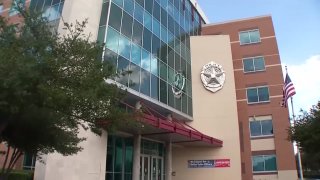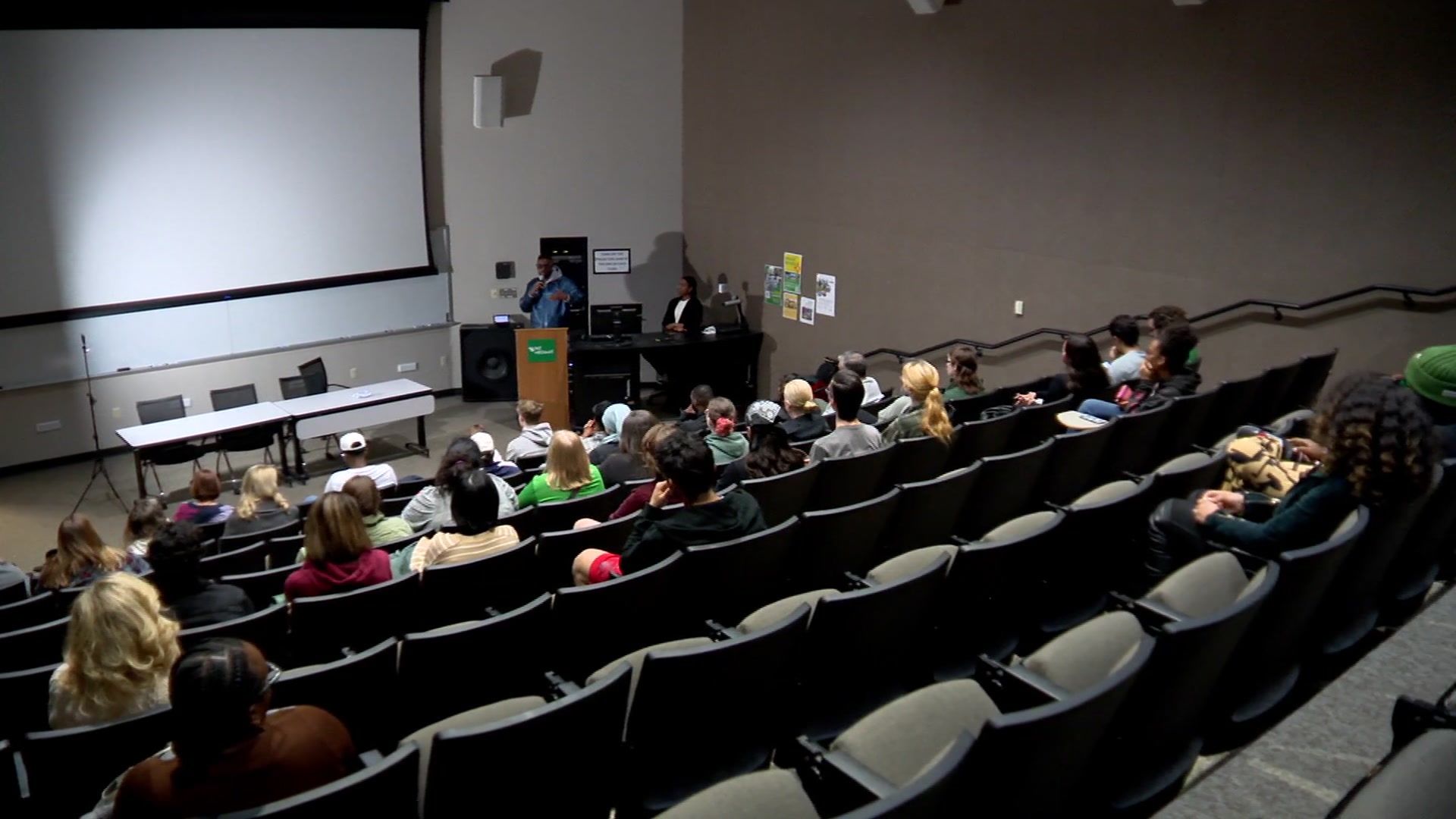
A Dallas man who was scheduled for trial on a murder charge this week was instead granted release on bond amid temporary concern that material in his case might be among troves of police data lost from the Dallas department’s computer system.
A Dallas County judge granted Jonathan Pitts bond Thursday after prosecutors asked the judge to delay his trial as they worked with police to determine whether case material was part of the information lost while the Dallas Police Department was moving data from a computer network drive. It was not immediately clear when Pitts would be freed from jail.
The release of Pitts, who is charged in the 2019 shooting of Shun Handy, was ordered as authorities race to determine how many cases may have had evidence vanish in the eight-terabyte data loss. Prosecutors told Judge Ernie White Thursday that they needed more time to work with police to audit the materials in Pitts’ case to determine whether anything was lost.
The district attorney’s office had reached out to the homicide detective on the case Thursday to confirm all evidence was available for trial, the police department said in a statement. The detective said he would need more time to confirm.
Get top local stories in DFW delivered to you every morning. Sign up for NBC DFW's News Headlines newsletter.
By the time the detective confirmed all the evidence was available, at 9:50 a.m. Thursday according to police, the district attorney’s office had to file a motion of continuance with the court.
On Friday evening, Dallas Police Sgt. Warren Mitchell said that “all the evidentiary items and data are available for prosecution on this murder case.”
White granted Pitts release without paying bail because state law requires a person be freed if prosecutors aren’t ready at the time of the trial, his defense attorney, George Ashford III, told NBC 5's media partner The Dallas Morning News. The paper first reported Pitt’s so-called personal recognizance bond.
Local
The latest news from around North Texas.
Mayor Eric Johnson said the release underscored the seriousness of the data loss.
“The people of Dallas deserve answers about what happened, why top city staff kept it quiet for months, and what can be done to resolve these critical issues that affect public safety,” Johnson said in a statement.
City information technology officials became aware of the problem on April 5. But the police and city IT departments did not reveal it to the district attorney’s office until last Friday, after prosecutors inquired why they could not find computer files on pending cases.
The lost data included images, video, audio, case notes and other information gathered by police officers and detectives, police said in an earlier statement. A city IT employee was moving the files, which had not been accessed for the previous six to 18 months, from an online, cloud-based archive to a server at the city’s data center. The “employee failed to follow proper, established procedures, resulting in the deletion of the data files,” police said.
Ashford did not immediately respond to a request for comment.



